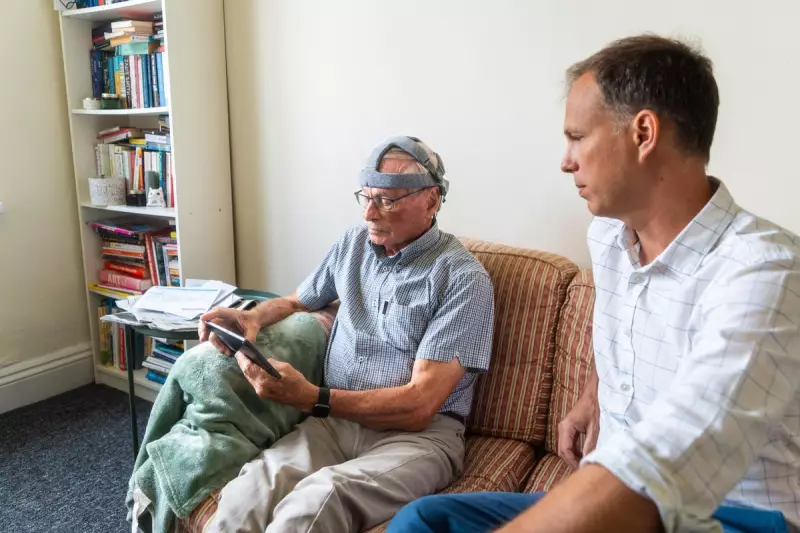
The University of Bath has taken decisive action by suspending its Electroencephalography (EEG) Society after a deeply concerning incident involving an unauthorised experiment on a student. The university has launched a full internal investigation into the matter.
The suspension, which is effective immediately, follows reports that a student participant was subjected to an electric shock during a society event. The experiment, which was not approved by the university's ethics committee or academic staff, has raised serious questions about student safety and oversight within societies.
University Statement and Immediate Response
A spokesperson for the University of Bath confirmed the suspension, stating: "We can confirm that the EEG Society has been suspended pending an investigation. The welfare of our students is our utmost priority, and we are taking this matter extremely seriously."
The university has emphasised that all student society activities must adhere to strict health and safety protocols and receive proper academic approval, particularly when involving experimental procedures.
What is EEG and What Went Wrong?
Electroencephalography (EEG) is a non-invasive method used to record electrical activity in the brain. While it is generally considered safe, improper use of equipment or unauthorised modifications can potentially lead to risks.
Details surrounding the exact nature of the electric shock remain part of the ongoing investigation. The incident has sent ripples through the student community, prompting discussions about the boundaries of student-led research and the necessary safeguards.
Broader Implications for Student Societies
This incident has sparked a wider debate about the oversight of student societies at universities across the UK. It highlights the delicate balance between encouraging scientific curiosity and ensuring a safe environment for all participants.
The University of Bath's swift response indicates a zero-tolerance policy towards any activities that compromise student welfare. The outcome of the investigation is eagerly awaited by both students and faculty, as it will likely influence future society regulations and approval processes.





